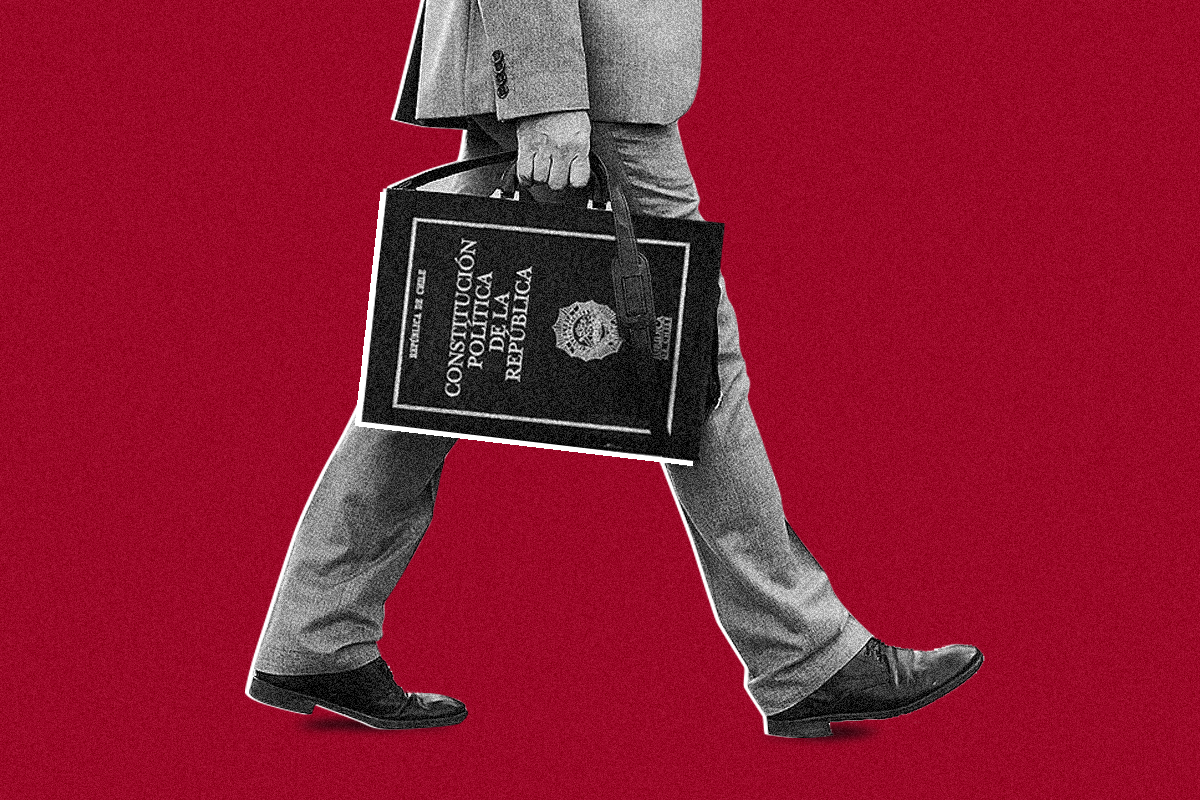Representatives from the left, center, and right parties, as well as members of the Senate and deputies, met Monday for the second time since the Sept. 4 referendum in which Chileans expressed their broad rejection of the draft constitution to agree on five points to launch a new constituent process.
“We hope that in the next few days, we can reach a port and announce an agreement that will allow us to move forward toward a constitution that is a factor of unity, that includes everyone, a constitution that we all feel we belong to and can interpret,” said Senate President and Socialist Party member Álvaro Elizalde.
At a meeting in Congress in Santiago on Monday, the main political forces agreed to continue the process for a new constitution in response to the 78 percent of people who voted in 2020 to replace the current 1980 constitution, which was imposed by the military regime.

Politicians agreed Monday that a democratically elected body should write the draft with equal gender representation.
It should be subject to a popular vote with a mandatory ballot, as in the previous proposal.
“Citizens should be the protagonists of the constitutional process, and their voice should finally be heard and respected,” Elizalde added of the agreements.
The main difference is that a committee will advise this new assembly of experts, and its working rules will be established on Sept. 15 at a recent political meeting.
“We want to give the country certainty about how this new process will proceed, and in this regard, it is important to remember that any agreements we reach will require at least 4/7 (of the votes) in both the Chamber of Deputies and the Senate,” said Chamber of Deputies and Deputies President Raúl Soto.
The drafting of a new constitution was part of a political agreement to find a way out of the social crisis that erupted with protests in Oct. 2019.
On Oct. 18 of that year, citizens took to the streets en masse to demonstrate against inequality and the economic model, following a call by high school students against the increase in subway fares in the capital.
This social movement led to amending the constitutional text, which was sealed in a referendum on Oct. 25, 2020, which at the time, amid the COVID-19 pandemic, achieved the highest number of votes in Chilean history.

